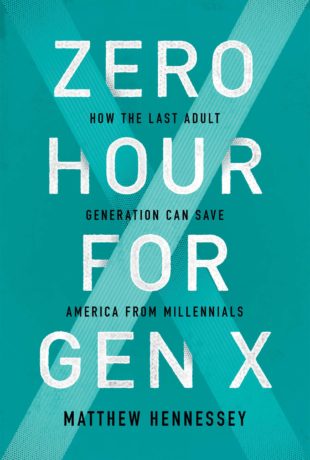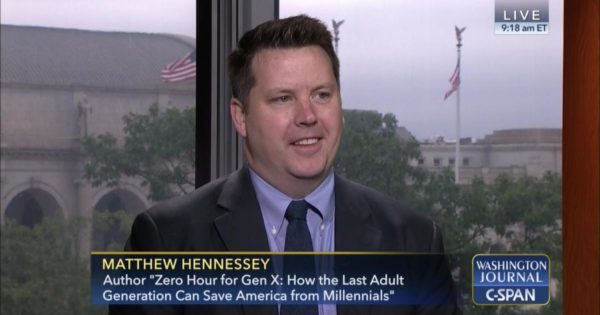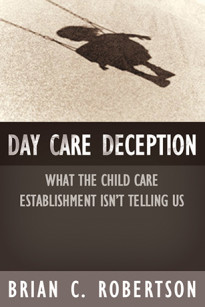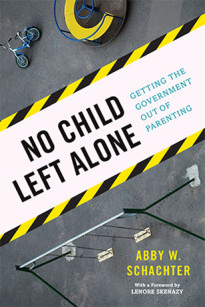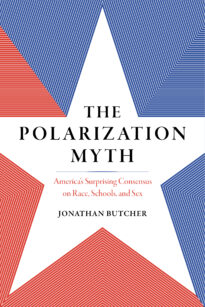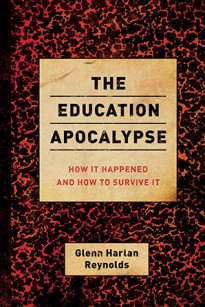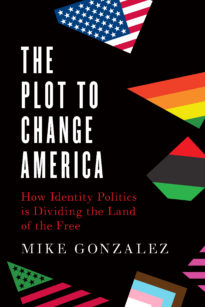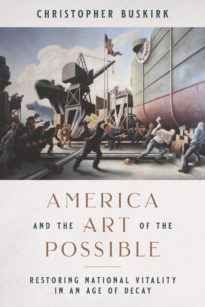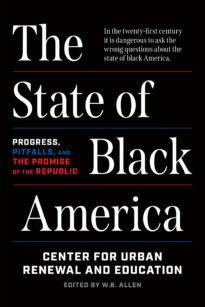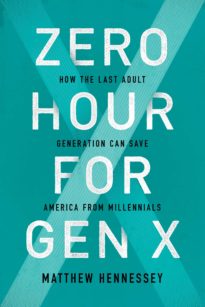People generally remember the strapping actor Christopher Reeve for two things: his 1978 role as Superman and the unfortunate horseback-riding accident that left him paralyzed from the neck down in 1995. I remember him for something else.
Shortly before his accident, the Juilliard-trained Reeve gave a supple supporting performance in The Remains of the Day as an American congressman visiting the United Kingdom shortly before the outbreak of World War II. Anthony Hopkins and Emma Thompson took the starring roles, but Reeve’s fine work in the melancholy Merchant Ivory drama was noticed and talked about. In a 1996 interview with Larry King, the wheelchair-bound Reeve said that he felt his accident had come just as he was poised to shake free of the action-hero persona that had clung to him since Superman. His career, he felt, was about to take a turn away from roles that required little more than that he look good. He was hoping to transition into substantive parts in better films.
“I was just getting the hang of it,” he said with obvious regret.
After his accident, the once physically vital Reeve appeared in a handful of movies and did a bit of directing for television from his wheelchair, but physical paralysis robbed him of the opportunity to do what he’d worked so hard to prepare himself for. He died a few years later. The King interview added a layer of pathos to Reeve’s tragic story. He lamented the loss of his power and athleticism, but what really bothered him was that he could never show the world what he was capable of doing as an actor.
This book is about Generation X, the relatively small cohort of Americans sandwiched between the twin generational behemoths known as the baby boomers and the millennials. Culturally, politically, socially, technologically, and economically, the torch is being passed from the older generation to the younger one while the one in the middle is being mostly ignored. With the baby boomers on the way out, the culture is turning its attention to millennial needs, millennial tastes, millennial peculiarities, and millennial preferences. Generation X is at best an afterthought—when we are thought of at all.
My thesis is simple: if Generation X doesn’t get its act together—and fast—it, like Christopher Reeve, will have the rug pulled out from under it just as it’s on the verge of realizing its potential. That would be a shame, both for the individuals who could have made a difference and for a society that desperately needs a counterbalance to the millennial rush to a digital world, with its ethos of instant gratification, public shaming, and isolation-by-technology. In this new world, everything from privacy to freedom of speech is viewed as a relic from a boring, underdeveloped, and less enlightened past.
If you prefer newspapers and books to screens and pads; if your tastes run to music made with instruments rather than computers; if you value privacy; if you don’t want behemoth tech firms spying on you in your home and your car, storing the data and selling it to the highest bidder so that you can be more accurately targeted by marketers and advertisers; if open debate is important to you and the chill winds of speech codes and political correctness on our college campuses have already sent a shiver up your spine; if saying what you like and laughing at what you find funny is your definition of freedom; if you’d rather work for a living than take a guaranteed government income financed by Silicon Valley profits; if drone deliveries and sex robots give you the creeps; if you’ve ever scratched your head in wonder after reading an article about what millennials know and how they think about the world—then this is the time to make a stand.
